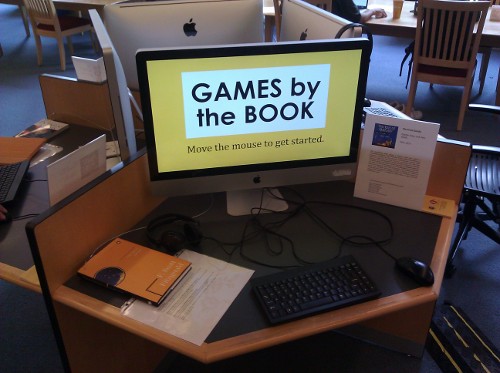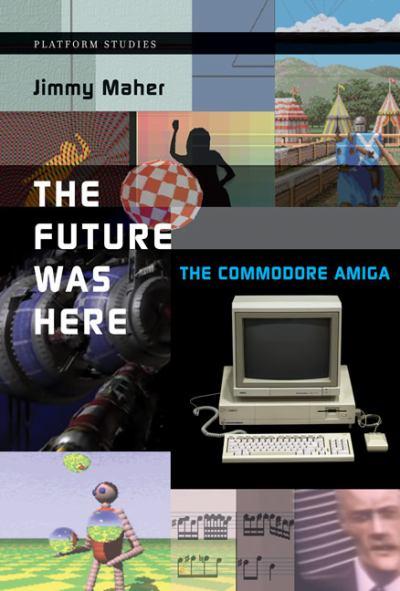The Trope Tank has just issued a new technical report:
Creative Material Computing in a Laboratory Context
Nick Montfort and Natalia Fedorova
TROPE-12-03
Download the full report
Abstract
Principles for organizing a laboratory with material computing resources are articulated. This laboratory, the Trope Tank, is a facility for teaching, research, and creative collaboration and offers hardware (in working condition and set up for use) from the 1970s, 1980s, and 1990s, including videogame systems, home computers, an arcade cabinet, and a workstation. Other resources include controllers, peripherals, manuals, books, and software on physical media. In reorganizing the space, we considered its primary purpose as a laboratory (rather than as a library or studio), organized materials by platform and intended use, and provided additional cues and textual information about the historical contexts of the available systems.








